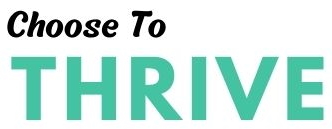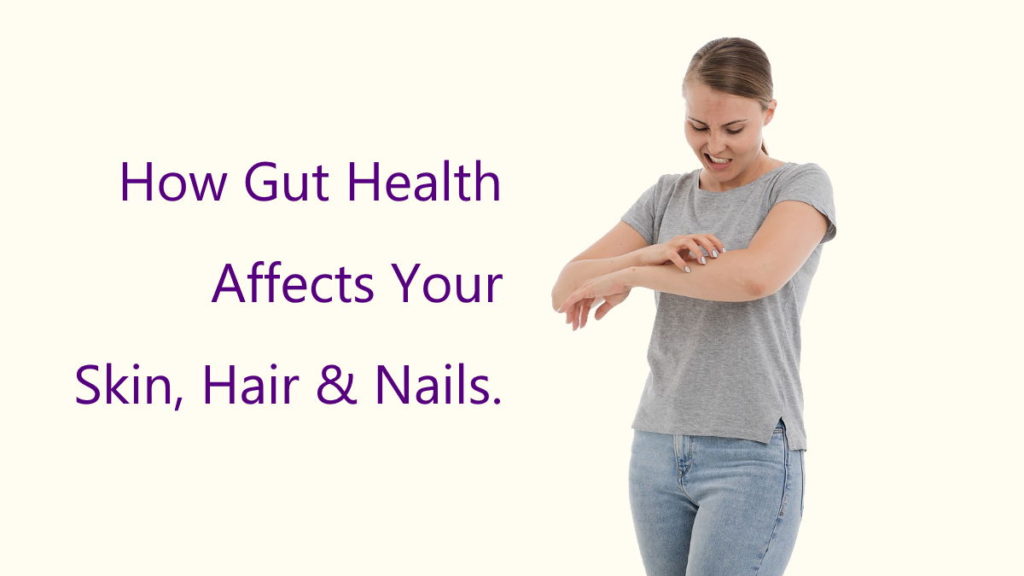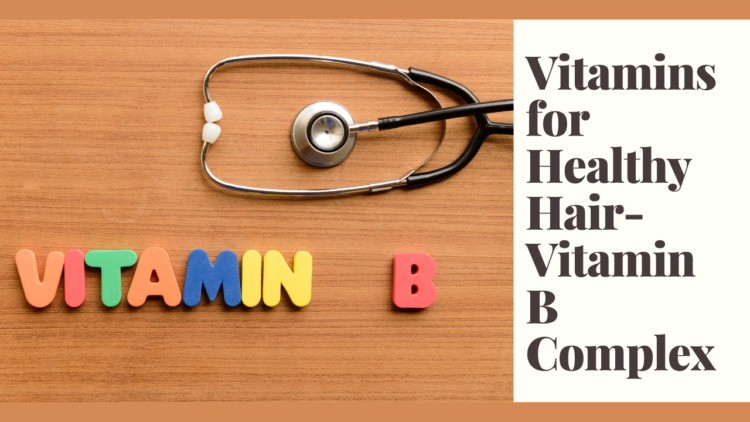The plethora of beauty and care products available in the market today promise a whole lot of extraordinary benefits for skin, hair as well our nails.
Most of us try everything possible from chemical-laden creams to organic gels, plant-based lotions etc.
Unfortunately though, we learn the hard way once none of these products make any significant long-term difference to focus on the root cause of the issue we are facing. This could be anything from damaged hair, acne-prone skin to brittle nails amongst others.
When established care routines and well-acknowledged products fail to deliver real results, it’s time to find out the problem’s origin, which can quite probably be linked to your diet and gut health.
You must have probably heard the phrase you’re what you eat, and it’s more than relevant to the topic at hand right now.
This article will focus on gut health’s connection to the strength and wellness of hair, skin, and our nails.
How is Gut Health Related to Skin, Hair and Nail Health?
Notably, the skin is widely acknowledged as an indicator of your gut health.
A proper question that might arise in your mind is why these three parts of our body get affected first.
Well, it is actually quite simple. When our body lacks supplies of proper nutrients, it preserves all the “good stuff” for organs like the brain and liver. Thus hair, skin, and nails experience insufficiency and start to lose their quality.
Most people associate the word bacteria with something terrible, but in the scope of this subject, it’s essential to understand that the human gut incorporates both good and bad bacteria.
In fact, there is a specific ratio of those, which should not be altered in any way because once it changes, it starts causing a bunch of problems.
To keep that balance, you need to get rid of a diet centered around processed foods, alcohol, refined sugars, and instead focus on consuming food, which is rich in probiotics.
Once you focus on having a healthy diet, your organism will get a sufficient amount of all nutrients and nourishments. Thereby you will no longer suffer from issues such as dry and damaged hair, blemish-prone skin, or fragile nails.
Poor Gut Health And Its Effects On The Skin
Several studies done in this field recorded findings linking gut health to mental health, the immune system of our organism, skin status, etc.
Eczema, for example, is a skin condition, which makes the appearance of the skin inflamed, and it can possibly be a result of poor gut health.
Diet with an insufficient amount of nutrients may lead to an excessive amount of protein particles released to the body, which in its place causes skin irritation.
Recently, another study found that people suffering from rosacea were ten times more likely to be carriers of small intestinal bacterial overgrowth or SIBO, which is a gut disorder.
These are just two examples of skin conditions influenced by the organism’s gut health, but there is actually more to this.
Connection of Gut Health To Strong Hair And Nails
Even though the connection between a functioning healthy gut and hair health is yet to be proven, there are several facts and indicators that make us believe this relation.
As it was already mentioned, getting proper nutrients is a must. Studies have shown that the gut’s microbiome has the capability to support some of the nutrients that the hair needs to grow. But all this again comes to the idea of having a healthy and balanced gut, both with good and bad bacteria.
Recent studies including experiments on mice have shown us that gut imbalance can sometimes lead to skin, hair, and nail problems.
During the research, laboratory mice were given altered diets, including biotin and antibiotics. Once the latter was added to the diet, mice started to experience visible hair loss.
Continuing the experiments, scientists concluded that a particular type of bacteria was developed due to the usage of antibiotics, which caused biotin deficiency and hair loss.
It is evident that the human gut can indeed lead and influence hair growth and even the phases and transitions of hair, as long as the balance of the microbiome is stabilized.
When it comes to nails, not much is different.
Doctors say that whenever a person experiences brittle and weak nails, most of the time, insufficient nutrients intake is the reason behind the problem.
To solve the issue of peeling and fragile nails, you might want to examine your lifestyle and diet to ensure that you’re consuming enough fruits and vegetables. If you are unable to do so, then you can alternatively buy biotin supplements and take those although nothing beats the nutrient absorption from fresh produce.
Takeaway
First and foremost, remember that your gut health plays a significant role in your system as a whole.
What we conclude from all of this is that once you notice damaged hair strands, skin conditions, and nails that leave you unsatisfied, don’t rush to buy any high-end products or several treating masks and liquids, but instead look closely into your diet.
Do not take the easy way out and opt for processed food and other convenience that could harm you in the long-run. Always remember the amount of influence eating habits and daily intake of healthy food have on your gut and overall health.
It is never too late to change habits. Alter your diet now, and enjoy the benefits coming your way.



